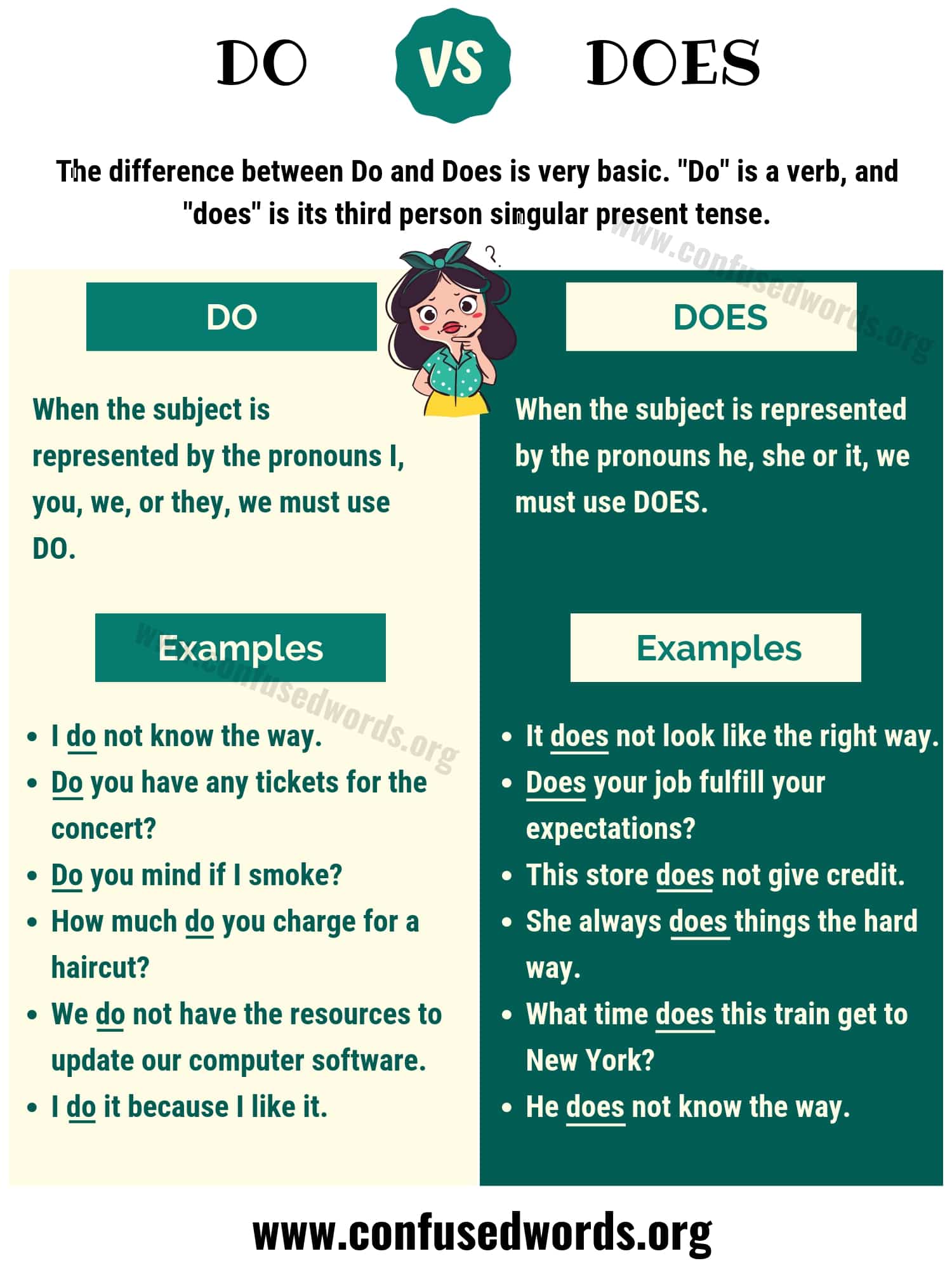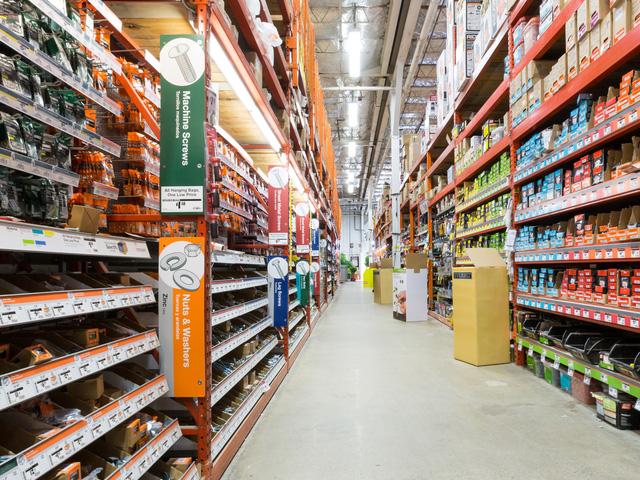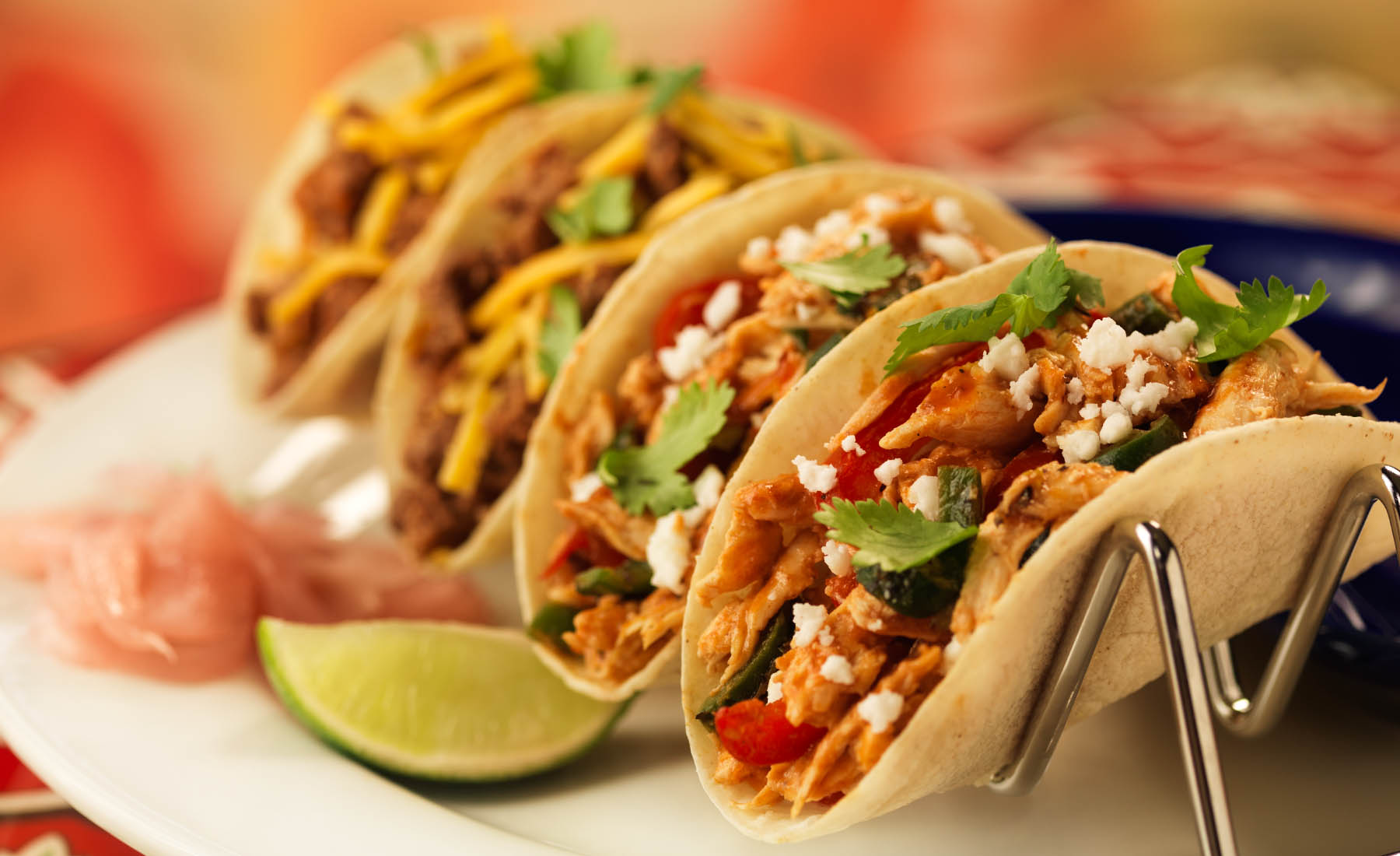The Essential Guide to Education and Training for Aspiring Bakers
Introduction: Pathways to a Baking Career
Becoming a baker is a rewarding journey that combines creativity, technical skill, and a passion for food. Unlike many professions, the path to becoming a baker is flexible, allowing individuals to choose between formal education, hands-on training, or a blend of both. This guide provides a detailed overview of the education required to become a baker, the steps involved, and actionable strategies for starting your career. Whether you’re just beginning or considering a shift to the baking industry, understanding your options can help you make informed, effective decisions.
1. High School Diploma or Equivalent: The First Step
There is no strict, industry-wide requirement for formal education to become a baker. However, obtaining a high school diploma or GED is highly recommended. Most vocational, culinary, or technical schools require applicants to have completed high school or its equivalent. Furthermore, many employers prefer candidates who have demonstrated this basic level of academic achievement, as it reflects reliability and commitment [1] [3] .
During high school, students interested in baking should consider taking electives in cooking, nutrition, business, or mathematics. These classes provide foundational knowledge that is directly applicable to baking, such as understanding ingredient ratios, food safety, and managing costs [3] .
2. Vocational, Culinary, or Technical School Programs
While not mandatory, attending a culinary or technical school can be a significant advantage for aspiring bakers. These programs, typically lasting from one to two years, offer structured learning in essential areas such as:
- Food safety and sanitation
- Baking techniques and pastry arts
- Nutrition and ingredient science
- Recipe development and kitchen management
- Business and cost control
Completing a certificate or associate degree program can make you a more competitive job candidate and can provide a direct route to supervisory or specialized positions. Vocational programs are available at community colleges and culinary institutes across the United States. When researching schools, look for accredited programs with hands-on kitchen experience led by experienced pastry chefs [2] [4] .
Some technical schools also offer online coursework or hybrid models, allowing students to balance education with work or family responsibilities.
3. On-the-Job Training and Apprenticeships
Many bakers enter the field through on-the-job training or apprenticeship programs . In these positions, new employees learn directly from experienced bakers, mastering techniques such as dough preparation, baking, icing, and decorating. This hands-on approach allows individuals to build practical skills in a real-world setting and adapt to the specific recipes and standards of their employer [2] .
On-the-job training typically lasts from one to three years. Apprenticeship programs may be available through unions, trade associations, or large bakery employers. Some organizations, like the Retail Bakers of America (RBA), facilitate student certifications and career launch programs in partnership with trade schools and community colleges [5] .
If you are interested in an apprenticeship, you can inquire with local bakeries, grocery store bakeries, or community colleges about available opportunities. These programs are especially valuable for those who prefer learning by doing rather than through classroom instruction.
4. Formal Certification and Professional Development
Although not a legal requirement, professional certification can validate your skills and increase your employability. The Retail Bakers of America (RBA) offers several certification levels, including the Certified Journey Baker (CJB) and Journeyman Baker. To qualify for higher-level certifications, candidates often need a combination of work experience, formal education, and successful completion of written and practical exams [5] .
For example, to become a Certified Journey Baker, you may need to complete a trade school program and pass the certification exam. Continuing education is encouraged, and credit can be earned through seminars, workshops, and distance learning. RBA’s BakeryX program, for instance, allows students to pursue certification at a reduced rate while still enrolled in a baking program.
Professional certification demonstrates commitment to the craft and can open doors to higher-paying positions or management roles. To pursue certification, contact the Retail Bakers of America or visit their official website for current requirements and application procedures.
5. Alternative Pathways: Work Experience and Self-Study
Some successful bakers start as baker’s assistants or in other entry-level positions, gaining experience and advancing through dedication and skill development. This route is practical for individuals who prefer to enter the workforce immediately or for those who may not have access to formal educational programs. Progression often depends on the ability to learn quickly, work efficiently, and adapt to new challenges [2] .
Self-study is another option, with many aspiring bakers utilizing cookbooks, online tutorials, and community workshops to develop their skills. While this approach requires discipline and initiative, it allows for flexibility and personalization of learning.
If you choose self-study or work-based learning, seek feedback from experienced bakers, participate in local baking competitions, or join professional associations to expand your network and knowledge.

Source: buhave.com
6. Continuing Education and Career Advancement
The baking industry is constantly evolving, with new techniques, trends, and specialties emerging regularly. Lifelong learning is essential for bakers who wish to stay current and advance in their careers. Continuing education opportunities include:
- Workshops and seminars on advanced baking techniques
- Courses in specialty areas such as gluten-free or vegan baking
- Business and management classes for those interested in running their own bakery
- Online courses and webinars from reputable culinary organizations
To find reputable continuing education programs, explore offerings from local community colleges, culinary schools, and industry associations like the RBA. Maintaining professional networks and staying informed about industry developments are also recommended strategies to remain competitive.
7. Practical Steps for Getting Started
If you’re ready to begin your journey as a baker, here are concrete steps you can take:
- Earn a high school diploma or GED, focusing on relevant electives when possible.
- Research and apply to culinary or technical schools if formal education interests you. Contact admissions offices for current requirements and program details.
- Seek entry-level positions at local bakeries, grocery stores, or restaurants to gain hands-on experience. Be proactive in expressing your interest in learning and advancement.
- Inquire about apprenticeship programs in your area through trade associations or local employers.
- Consider pursuing professional certification through the Retail Bakers of America or similar organizations.
- Engage in self-study, attend community workshops, or participate in online courses to supplement your skills.
- Network with industry professionals and join baking associations to gain insights and career opportunities.
For up-to-date information on baking programs, certifications, and career resources, you can contact local community colleges, visit the official websites of culinary schools, or reach out to professional associations like the Retail Bakers of America. If you are interested in certification, visit the RBA’s official website or call their office for details on eligibility and application procedures.

Source: englishpluspodcast.com
Conclusion: Multiple Routes, One Destination
There is no single educational path to becoming a baker, but a combination of foundational academics, hands-on experience, and ongoing professional development can help you achieve your goals. Whether you choose formal schooling, on-the-job training, or self-directed learning, the baking profession offers diverse opportunities for growth and fulfillment. By exploring your options and investing in your skills, you can build a successful and rewarding career in the art and science of baking.
References
- [1] Auguste Escoffier School of Culinary Arts (2022). How You Can Become a Baker.
- [2] CollegeGrad (2021). Bakers: Jobs, Career, Salary and Education Information.
- [3] Indeed (2025). How To Become a Professional Baker in 6 Steps (With Tips).
- [4] Learn.org. Baker: Career and Salary Facts.
- [5] Retail Bakers of America (2023). Levels of Certification.
MORE FROM 9scholarships.de













